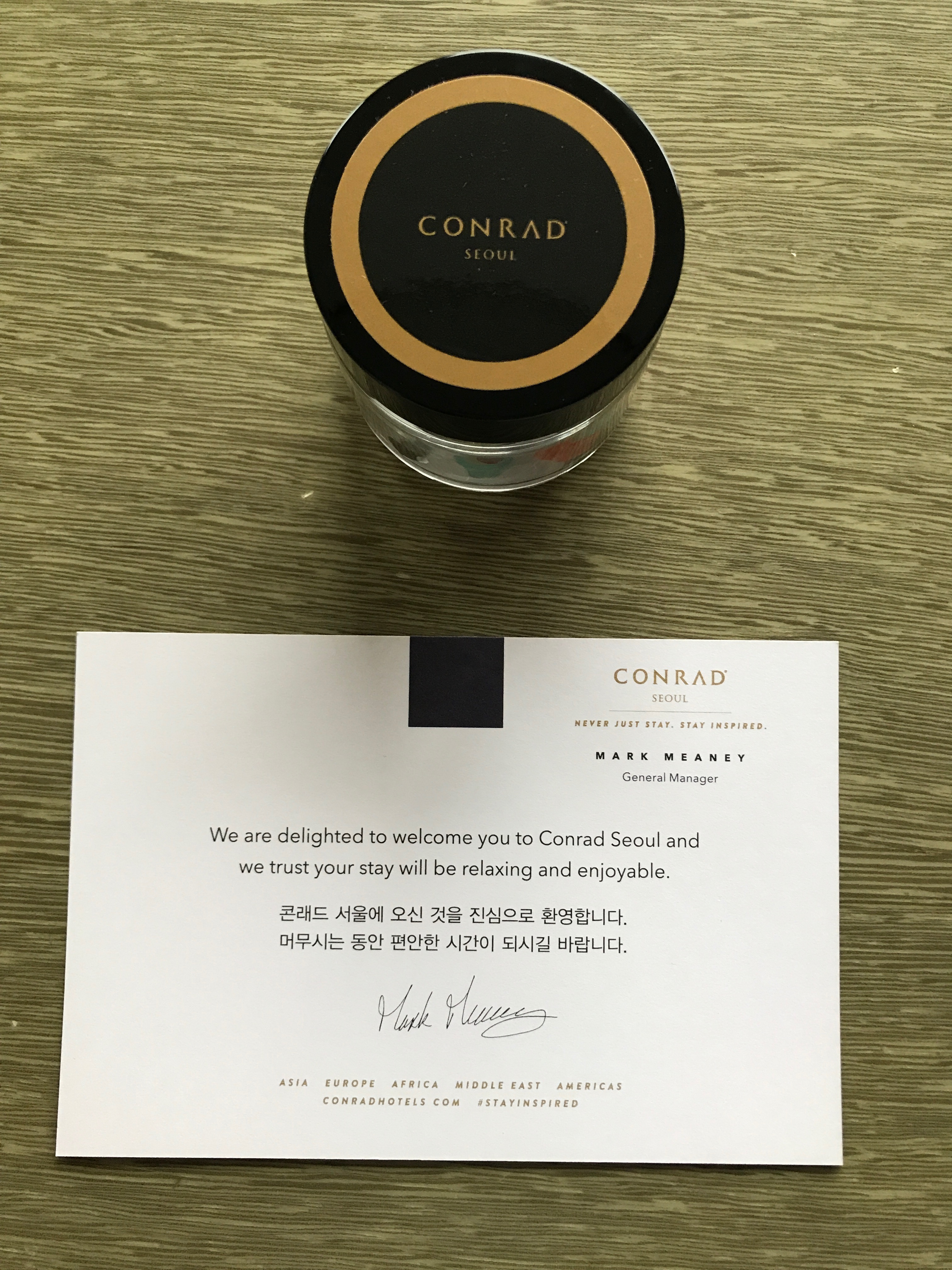
When we started building HelpDocs, I had a lot of assumptions about customer support.
I believed the loudest, angriest customers got all the rewards. I thought doing small favours for customers was a recipe for disaster. And, like most, I grew up with the idea "the customer is always right". If a customer is unhappy, it's always our fault.
Once I started travelling, staying in hotel after hotel, I realised how wrong I was.
Loud and Angry Rewards Are Short-Lived
I've seen many occasions when support staff bent over backwards to keep the most vocal customers happy. Even when that customer was being unreasonable. It happens a lot in hotels. No doubt you've experienced it first hand. The angry, middle-aged man with a briefcase, shouting at the reception staff because he's out of complimentary soap.
The standard response to a reception stand-off is a freebie. A room upgrade, or a free meal. Some hotel swag, like the more luxurious towels and toiletries they save for their first-class visitors.
At first glance, as a polite guest, it seems unfair. If only I were angry enough to degrade receptionists, maybe I would get a free meal! But experience these situations enough times, and you might notice a trend.
After a few times, I've realised guests who get upgraded after a bout of obnoxious aggression, pay the price. That price is less-than-enthusiastic service. I'm trying hard not to say "bad service" here. Because, in my humble opinion, it is relative to the abuse the staff suffer.
Of course, it's only anecdotal. But I've observed—from many stays in hotels ranging from "wow, this is incredible" to "welp, at least the floors not mouldy"—the loud, angry, upgraded customer at reception getting the cold shoulder on more than one occasion.
They're all-but ignored by staff in the restaurant, at the bar, and by the pool. Their "do-not-disturb" door hanger might disappear in the night, resulting in an unexpected 6 am wake-up call. Or worse, their wake-up call might never come, making them late for whatever they had in store for the day. Ok, so those last two are supposition, but you get the idea.
The fact is, hotel staff are not stupid. Degrading staff might get a short-term win, but it also gives them a "get out of jail free" card. It alleviates the pressure for them to offer good service for the rest of the stay. After all, they already know they've got a bad review. Best case scenario, the staff keep the guest at arm's length so as not to cause further offence.
Small Favours Can Boost Loyalty
I used to think discounts and freebies cheapen your product. It's rare they would guarantee customers remain happy. Everyone wants a freebie, and once you bend to the pressure you set expectations. If you stop, you lose the business altogether. All because of a small favour.
Well, that's not true at all. The truth is, small, unexpected surprises can make a heap of difference to customer opinion.
It doesn't have to be a massive thing. You don't have to upgrade a customer's plan or give them a huge discount. It could just be a feature they need or bumping a few limitations without charging extra.
I remember when we were travelling around Vietnam, we'd planned a stop off in Ho Chi Minh. We were staying at the Renaissance, but for some reason, there was an issue with our booking and we ended up having to book the worst room.
As nomads, we stay in one location for a few weeks at a time, so weren't too pleased with the accommodation. But, I figured, that's life.
Out of nowhere, the hotel upgraded me to a top executive room, on a club floor, with the lounge included. The appreciated my situation. They knew I had booked for a long time and the room I was in was not great for extended stays. Maybe they also knew that lounge access is the single thing that could improve my stay 100%.
The key is, there was no ticketed reason for the upgrade. I hadn't complained. They hadn't done anything wrong that they were making up for. In fact, it was only when I was in the lounge to checking-in that I realised I had a hefty upgrade.
Now, I have a much higher opinion of the Renaissance brand. In fact, we are staying in a Renaissance hotel right now, I liked it so much.
When nice customers look for one small thing to make their experience more pleasant, going above and beyond to make them happy buys long-term loyalty. Go the extra mile to make sure a customer knows you're there for them.
This was an extreme level of surprise and it had the desired result. They will always be on my list of places to stay as we continue to travel around the world. Your favours don't have to be lavish gestures like that. Although, I do love my room upgrades. Who doesn't!
Being Personal Means Everything
While we were visiting Seoul, our hotel went above and beyond to offer a friendly and personal service. I received a free keychain when I checked in; I returned to my room after a trip to find the staff had left me a pot of rock that spelt "Seoul"; and when I left the hotel, the team wrote a personal message in a card based on our interactions.

These small, insignificant touches make a more personal customer experience. Let's face it, it feels great when someone remembers you. It feels amazing to know a hotel that deals with hundreds of bookings a day have paid attention.
Taking the time to remember who the customer is, what they enjoy, or something you remember talking about before can make all the difference. It shows you care about them having a good experience. It means they aren't just another reservation, another guest, or another number in your billing software.
And let's face it, 1-on-1 personal help is scalable. You just need to care enough to do it.
Some People Will Try Their Luck
Sometimes, it might feel like customers are just out to troll you and your team. To be honest, sometimes they are. There will always be customers who try their luck. There will always be people who want something because they think they can get it. And if they think they can, they will push and push until you break.
In these circumstances, we've found the best thing to do is suggest they find an alternative. We have adopted a no-nonsense approach to service and product fit. We believe the best way to offer good service is to treat customers like real people. Be personal. Chat often, and find ways to reward users. In the rare cases where there are anger and conflict, don't be afraid to question product and culture fit.
There will always be customers who are just out to make your team feel bad. Help them move on, and focus more of your attention on the customers who are pleasant.
Life's too short not to.